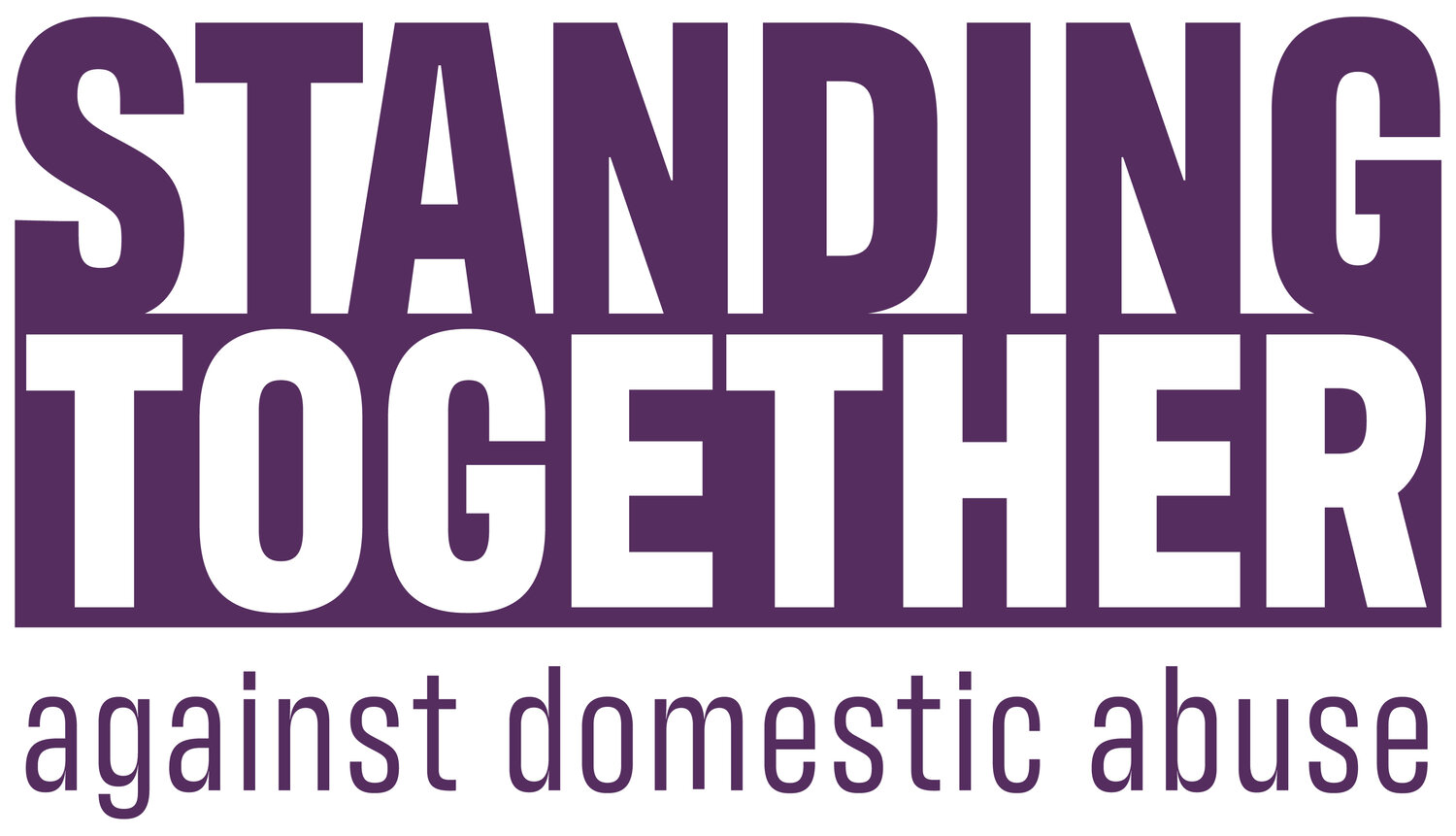Advocacy After Fatal Domestic Abuse - “Anyway, listening isn’t enough”
By Breagha Hayes, DHR Coordinator at Standing Together
Standing Together attended the annual Advocacy After Fatal Domestic Abuse (‘AAFDA’) conference on 16 March 2023. Bereaved family members whose loved ones had been killed following a history of domestic abuse were at the centre of the AAFDA conference. Rupert Waterhouse spoke of his daughter, Poppy (aged 24), who was murdered by her ex-partner. Rupert shared his journey through grief and detailed Poppy’s love for travelling in Europe, Australia and South America. He movingly recounted how he has since travelled in his daughter’s footsteps – showing photos of the two in the same spot in Marrakesh years apart and separated by her untimely death. Poppy was stabbed 49 times by her partner who was sentenced to a minimum of only 16 years in jail.
Leslie Van Hagen’s daughter, Suzanne, was murdered in 2013 by her partner, Worton. Leslie spoke to the institutional barriers which victims and family members can face following domestic homicide. Leslie recounted how police had been called to Suzanne’s flat on nine occasions without adequate safeguarding measures being put in place. On one occasion, the police were called following an attack on Suzanne but police arrested Suzanne after finding cannabis belonging to Worton. Worton was not arrested for his assault on Suzanne.
Following Suzanne’s murder, police told the family that she had been killed as a result of a drug overdose and that the bruising around her neck could be attributed to a ‘sex game’. Wayne Jones, the detective who led the failed investigation into Suzanne’s death has since been fired for sexually harassing four female colleagues.[1] After years of campaigning by Suzanne’s family, it is now accepted that the reason for Suzanne’s death was strangulation, not an overdose. The harrowing case of Suzanne demonstrates how a lack of domestic abuse training can culminate in missed opportunities for professional intervention. It also shows how institutional misogyny and victim blaming behaviour can deter accountability from professionals and minimise the opportunity for lessons to be learned.
Since the AAFDA conference, Clare Wade’s ‘Domestic Homicide Sentencing Review’ has been published, whereby she recommends 17 reforms to ensure justice for victims in fatal domestic abuse. The government is proceeding with a few of these recommendations, including plans to toughen sentencing where murders involve a history of abuse and coercive control. This reform is, in part, initiated in response to Poppy’s death – where her murderer would have received tougher sentencing had he killed her in a public setting rather than in Poppy’s home.[2] However, in her review, Wade additionally found that victims who kill their abuser with a weapon can be jailed for longer than abusers who use their physical strength to murder. As such, sentencing guidelines can inadvertently lead to higher sentences for women who use a weapon to defend themselves from intimate partner violence. Notably, the government has not adopted Wade’s recommendation relating to this issue.
While the limited sentencing reforms taking place are a step in the right direction, there is much more to be done in respect of cohesive domestic homicide reform. Jess Philips, MP, hypothesised at the conference that substantial domestic abuse reforms will never take place until there is a political will to end domestic abuse. However, the government’s political ambivalence towards assigning meaningful funding to tackle domestic abuse is evidenced in their 2023 Spring Budget where £200m has been assigned to pothole repairs compared to the £100m assigned to charities generally (with no mention of domestic abuse in the entire 124-page document). With two women murdered each week in England and Wales,[3] the omission of fatal domestic abuse reform from the government’s budget is an unacceptable failure. Especially as Poppy and Suzanne’s stories remind us the human cost of each and every fatal domestic abuse. It is not enough to celebrate International Women’s Day at Downing Street,[4] the government must fund the enactment of cohesive sentencing reform, clarify DHR guidelines and tackle institutional misogyny within police departments.
[1] UK police pay ‘lip service’ to protecting women, says father of abuse victim | Police | The Guardian
[2] Barrister hits out at government response to report into domestic killers - BBC News
[3] https://lwa.org.uk/understanding-abuse/statistics/#:~:text=Domestic%20abuse%3A,and%2030%20men%20per%20year
[4] https://www.gov.uk/government/news/downing-street-celebrates-international-womens-day
